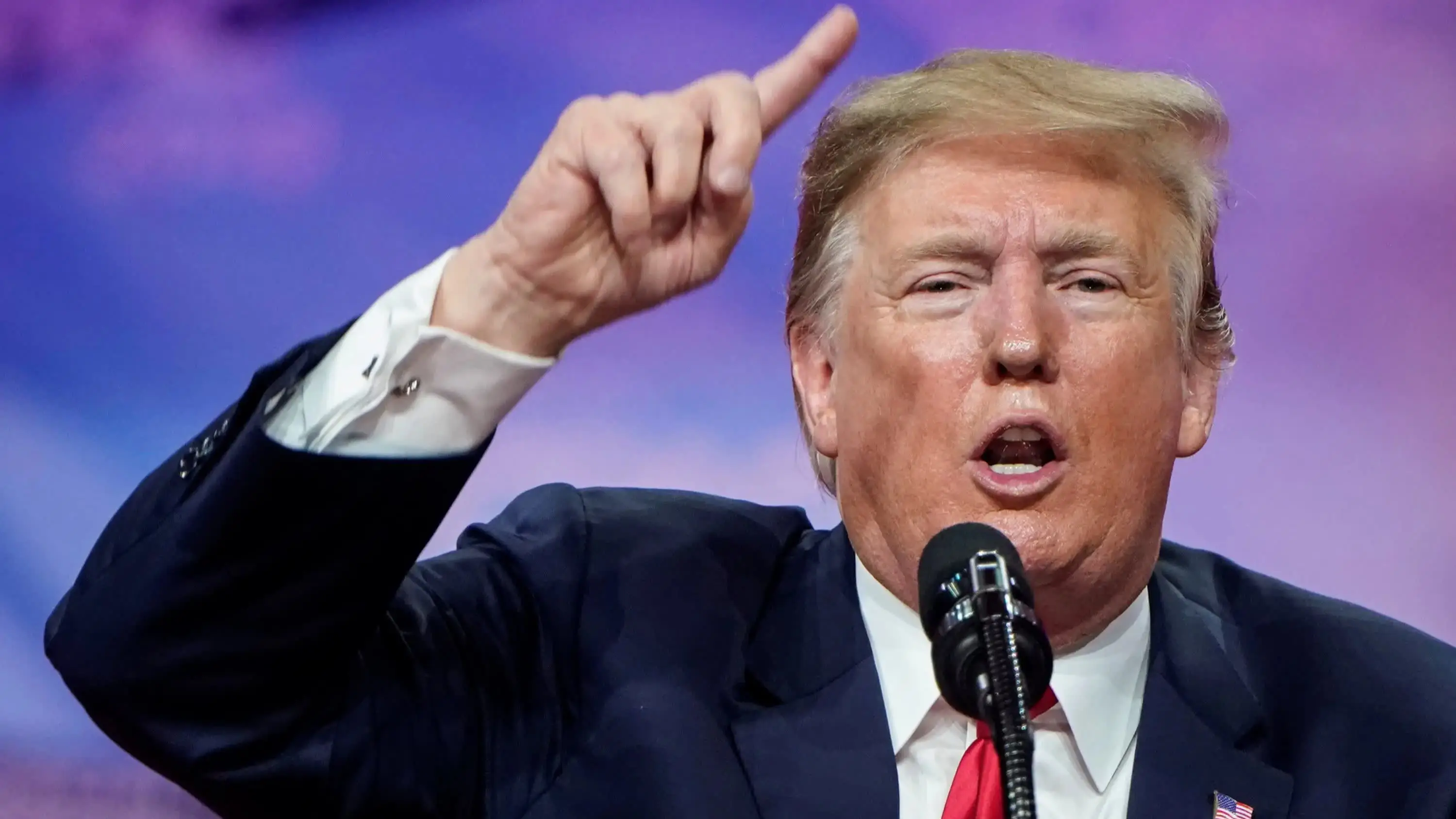The U.S. President Donald Trump criticized the Federal Reserve again about its tight monetary policy which has made the dollar strong and as a result hurt the country’s competitiveness. At the annual Conservative Political Action Conference held in Oxon Hill, Maryland, Trump said that the gentleman at the Federal Reserve Bank likes a very strong dollar. Although, Trump mentioned his preference for a strong dollar, he mentioned that he would rather have a dollar that is strong and yet does not prohibit the United States from delaying with other nations.
Trump had made the economy an important part of his political platform. As a result, he has been repeatedly critical of the country’s central bank and its chairman, Jerome Powell. Although, Trump himself had appointed Powell, he remained critical of the Fed’s decision to raise interest rates several times last year. With rising concerns about slowing global economy trade war between the U.S. and China as well as financial markets volatility, the United States central bank has indicated that it will remain patient about the further tightening of the monetary policy.
The Federal Reserve had raised interest rates four times in 2018 as a part of tightening the monetary policy. On Saturday, Trump talked about lowering the dollar by avoiding quantitative tightening and by leaving the interest rates alone. He also mentioned that a weaker currency helps improve the competitiveness of a country’s exports. Powell, Chairman of Federal Reserve, has made it clear that he will not bow down to political pressure. He has already given a clear signal of the central bank’s independence in January 2019 by saying that he will not be resigning if requested to do so by Trump. This followed the reports in December that the United States President had discussed the feasibility of firing the Federal Reserve Chairman with his advisors after the interest rates were raised again by the Fed.
The Federal Reserve’s measure of purchasing large quantities of U.S. government bonds in order to boost economic growth especially during the financial crisis is called quantitative easing. This measure was taken by the Federal Reserve, which dropped its overnight lending rate to zero in order to lower long term lending rates.
According to investors, the Federal Reserve’s attempts at trimming its four trillion dollar balance sheet by at least $50 billion a month has resulted in tightening financial conditions. The Federal Reserve’s benchmark overnight lending rate is at present between 2.25 percent to 2.50 percent.
